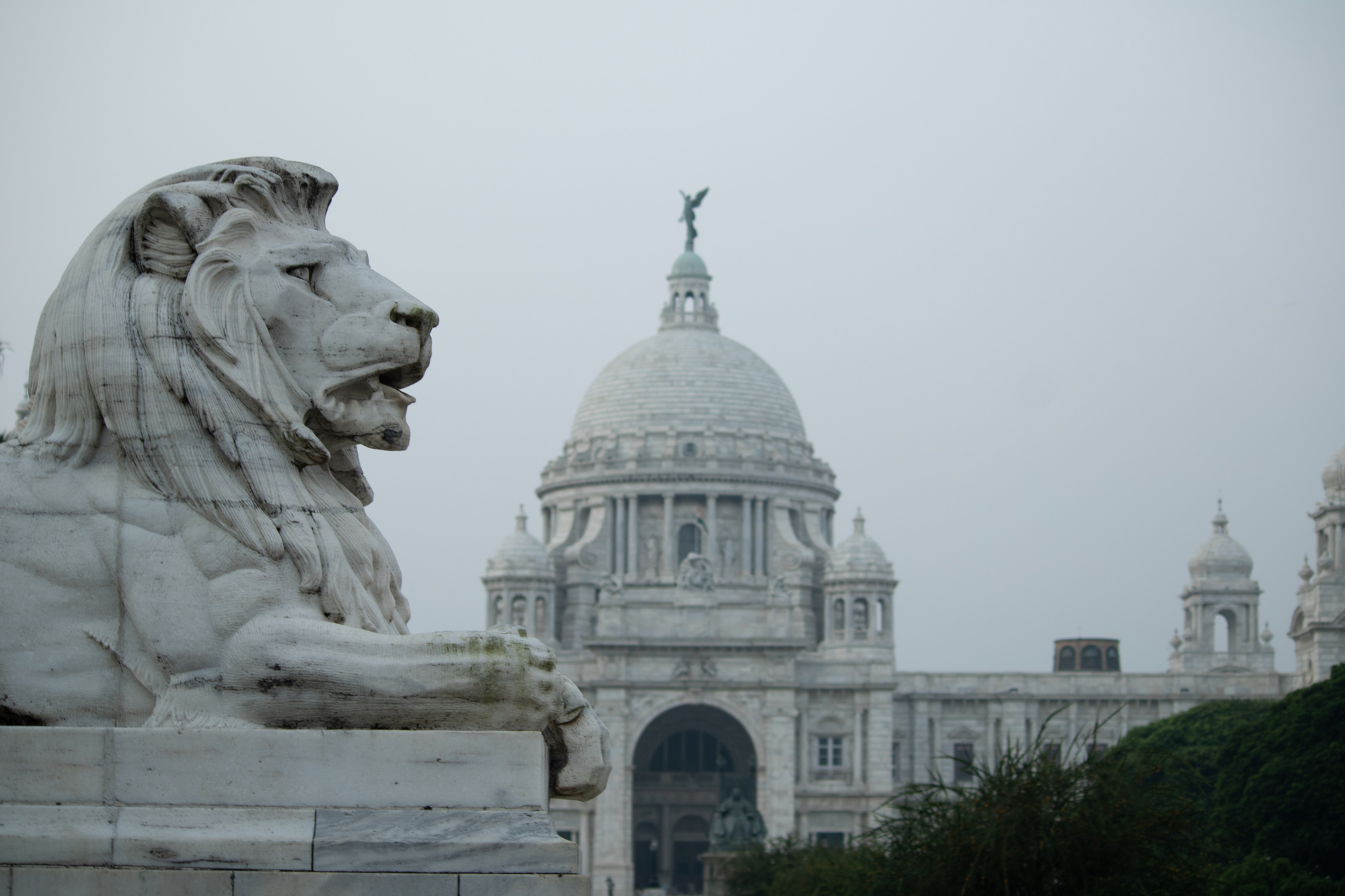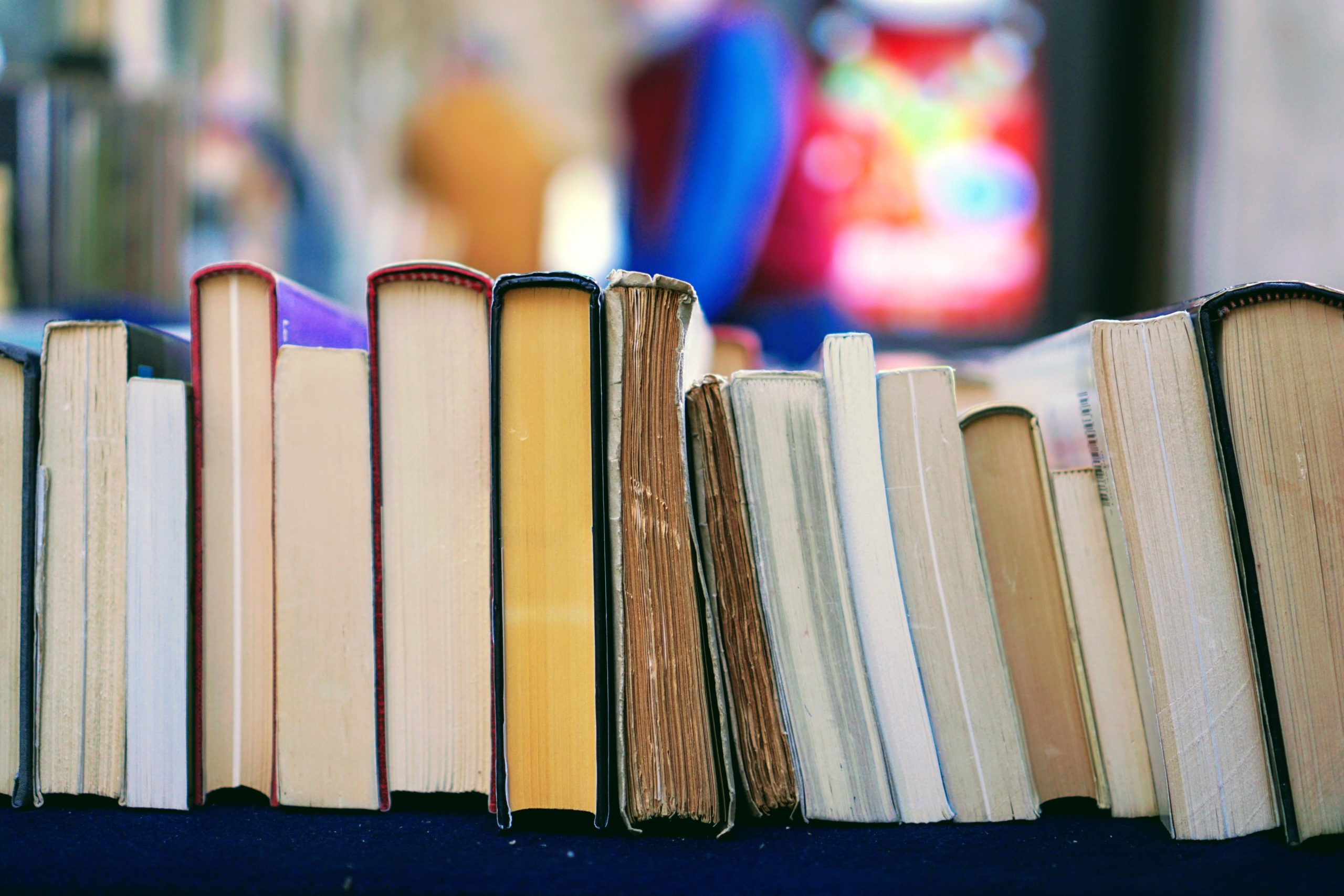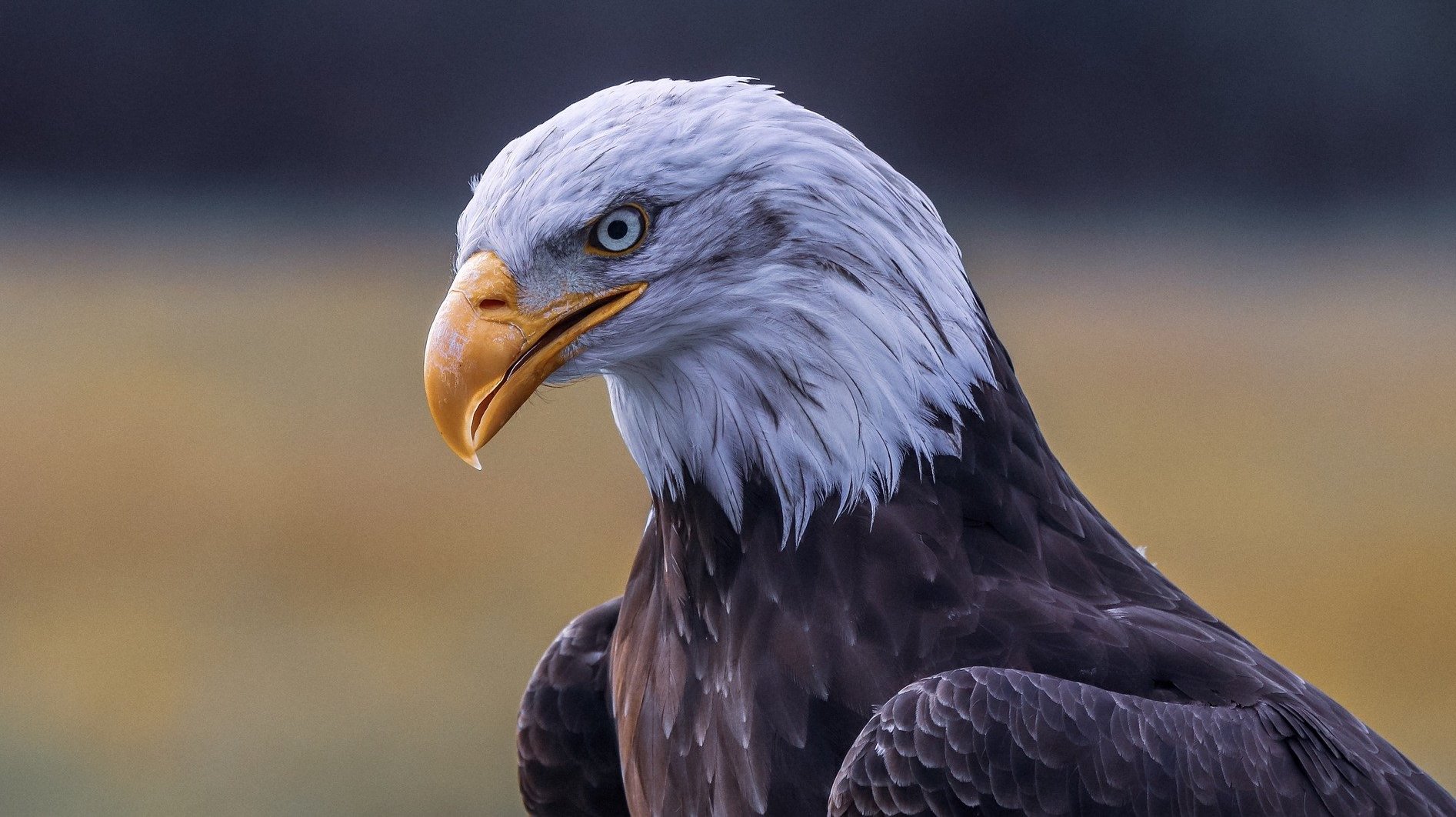In those first months, in what became known as the “early days,” we would set the car alarms off at seven in the evening to thank the first responders. Frank would be gone for days, so just my sons and I would peer out the bow window to look for the old woman across the street to appear in her doorway. She would emerge in one of her loose, speckled cotton house dresses and she would raise her arms and bang with all her might on a giant saucepan and she would cheer for our husbands, who were all essential workers, none of them home to hear.
And we would cheer for her, because she was the person we were most worried about, and the chaos of our alarms and cheering would for a moment drown out the sound of the ambulances. I remember the look on her face when she came outside the day reopening started. She raised the pot in the middle of the silent street and she said, “What? Are we not doing this anymore?”
The cheers gave way to explosions. That summer, the fireworks would start before the sun went down. On some nights it was bright as day outside at ten at night, and the street was alive with shrill whistling. Everett, our baby, would sit next to me on the concrete steps holding a stuffed fox, explosives reflecting, prismatic, on his skin. “This will not kill you,” he would repeat with wonder, as he watched the sky on fire. “You will not die.”
We were all living in what felt like a fugue, the final hours of a very crowded summer party, when you’re still drunk enough to think it’s reasonable that you might have some fun, but everybody sober starts to head home. You’re just staring at the remaining party guests, and they’re staring back at you, and you’re trying not to fall off a traitorous wooden porch while the mosquitos flock to drink your sweet, thin blood.
It was against the law to shoot off fireworks from a cannon. Hell, it was against the law to have a handheld sparkler. It was against the law to get a pedicure. And that’s how our speakeasy got started.
“This will not kill you,” he would repeat with wonder, as he watched the sky on fire. “You will not die.”
Salon de Esteban, since it was in the Esteban’s backyard. Somebody got somebody’s number, and that person called somebody else. Texts were exchanged and one day a woman named Lola showed up to Diane’s house right after breakfast, coming out of a cab and carrying two large suitcases full of nail polish and a portable foot-shaped basin that made bubbles if you plugged it in.
Lola handed us two keychain rings full of long, plastic sticks, each with a painted acrylic fingernail on the end. These were the colors, and they each had a number, which we would tell Lola as we slipped out feet into the basin. She would work hunched on her knees, scrubbing skin and callus and dirt with her hands, and kneading the fat of our hairless calves. It was a process that took hours. We booked her every three weeks.
We would drink mimosas and squint at our screens, and our kids would leapfrog over each other into an aboveground pool set on pavers, and the scents of acetone, alcohol, and chlorine would mix with the sea salt in the air and create a smell you could taste as the sun baked our shoulders. (Staten Island is a beach town, and it won’t let you forget.) Someone would show up with a dozen bagels, plain, and cream cheese that had cut up chives and onions mixed in, $7 for a small plastic deli container that was the universal love language of our people.
It was the summer that Theresa and Eric split up. Eric was a sanitation man and he would take home treasures people had put in their trash. It was nearly impossible to find a bike to buy in those months, the supply chain was broken and they’d all been bought up. But the neighborhood kids all got brand-new-to-them bikes Eric had rescued and rehabbed, and not one of them looked a bit rusted as they flashed and circled, a hive of rubber and titanium.
We were in the Esteban’s backyard with Theresa when she signed the papers that dissolved her marriage, absolving her forevermore of the obligation to harbor garbage treasures. Then she took a keychain full of disembodied fingernails and picked a powder blue. Nothing felt like it could end, but everywhere, things were ending.
That was the summer that started when we said goodbye to Frank’s dad, his bones as hollow as a bird’s. The cancer had fed on his bone marrow for thirteen years, until a deep breath on a humid day could crack a rib. At the end, he couldn’t speak, and nobody thought he could swallow. When it got warm outside, he died of dehydration.
It was the summer after Frank’s last living uncle died, and his cousin who was way too young, and my maternal grandmother, who was eighty-four but healthy. It was the summer after the spring when we couldn’t have funerals.
Somebody had thought it was a good idea to send fighter jets to fly over a cityscape that we’d all watched get cut apart by kamikaze terrorists not even twenty years ago, the memory of the smoking city at the front of our minds already as we measured the weight of our current disaster. A photo of New Yorkers clustered together at the riverside as they watched the USS Comfort arrive read WHAT ARE THEY THINKING? We stared up at the sky and wondered the same.
In the evenings we would talk about real estate. If you could vest out, you were taking it. If you could afford it, you were leaving. It turns out there was one last lesson the city had left to teach us, which was how to quit a place. The conversation about school was endless, its thread dropped and resumed like embroidery. The dusk would come while our talk circled and the shadows of our children would loom large on the sidewalk as they launched their own grand plans in whispers.
The kids, even the youngest ones, grew feral and adolescent, loosely engaged in our small acts of rebellion, children of a battle that was seeded long before they’d been born. I wondered if perhaps every revolution started simply as a conspiracy theory that had gotten out of hand. For my birthday, Liz’s oldest daughter sketched me an owl using a gray kohl pencil, and Abby, one of her eight-year-old twins, sat across from me as the night waned, telling about the places she’d traveled. (Most of them were Disneyland.) “I could talk all night,” she said, and the laughter around her rose. She frowned and said, “I don’t see what’s so funny about it,” an admiral in a tie-dye tee and cutoff overalls.
We let go of the things we had believed and became a universe emptied, pulling in space debris. I craved truth to offer my children—truth about the virus, but also truth about More. The sanitation man gave me a tip on where I could take the boys to see an eagle’s nest. We went on a day when the humidity was rolling off the beach heavy and hot, and we wandered through an endless meadow that curved over twisted roots of ancient trees, and we climbed up a hill and looked over at the church where they had filmed the wedding scene at the beginning of The Godfather, and I told the boys that nature is a story that God gives us to show us what he’s like, and in a smaller way, what we’re like, and they nodded, and this felt to me like the only true thing I’d been able to come up with to give them in months.
We circled back to where we started without an eagle in sight, though I tried to pretend that I knew what one sounded like and had heard one in the hilltop woods. I pointed to the place Eric had said the nest would be, and I said that was it, and I guessed we might as well get back to the car.
Elijah asked me to wait, just one more minute, please. His sleeveless red shirt was drenched and his golden hair honeyed, dark with sweat. This summer was the last one I’d be able to pick him up in my arms and carry him to bed with anything resembling ease, and I knew it. And so I hesitated.
We looked once more upward, the sky a blue as bright as any sun, and around the bend in the trees came a solitary bald eagle. It drew its talons in, and sailed so low I could hear the wind that it displaced as it soared into the trees behind my son’s head as we all stood, shocked silent.
I wonder about the things that will make my kids comfortable, knowing they are not the same as the things that will make them good.
As I sit here still, I can feel its wind, as I wonder about the things that will make my kids comfortable, knowing they are not the same as the things that will make them good. I think about the gifts of majesty, and dignity, and wonder. The privilege of letting things we see mean only what they are, and hoping to one day understand what they were for.





